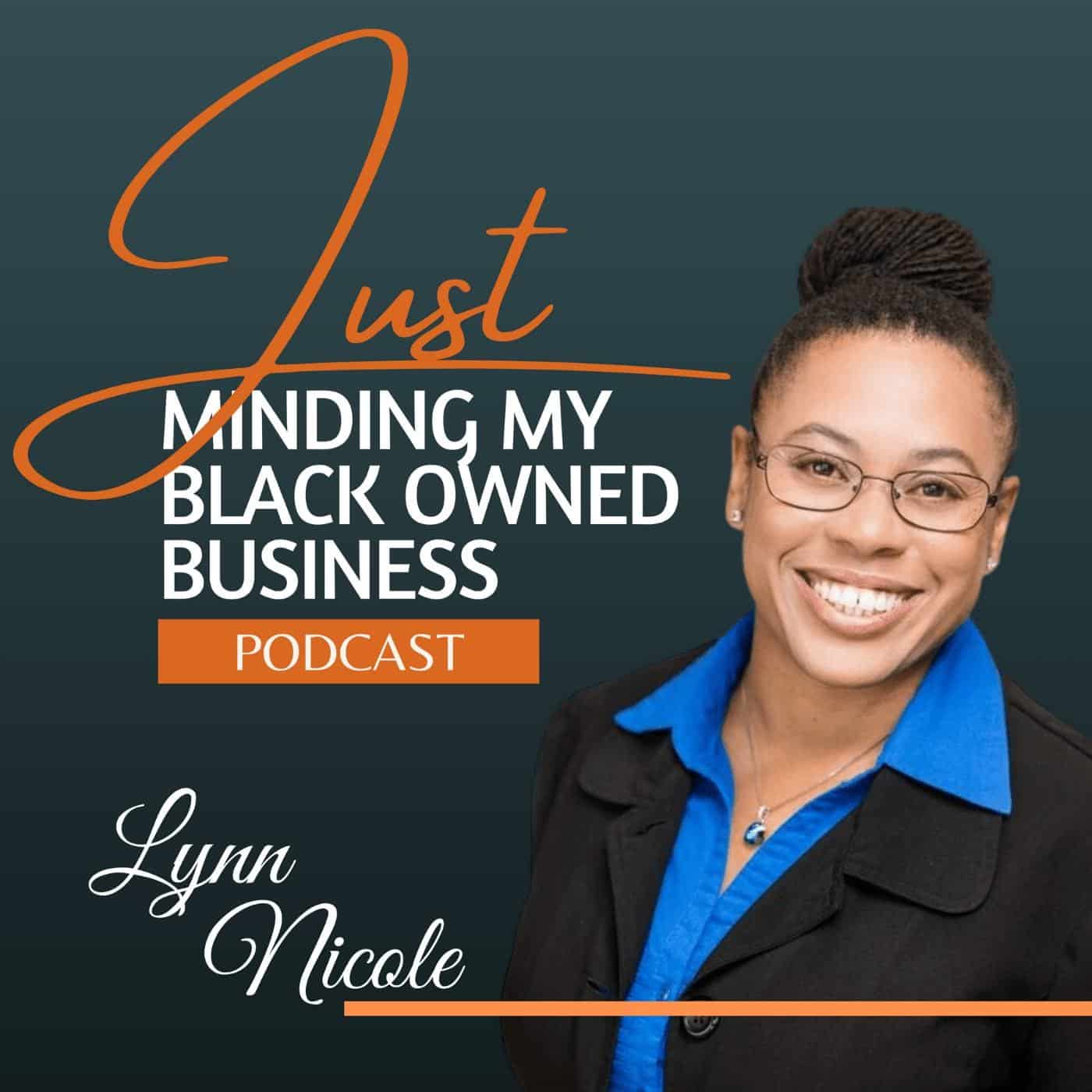
The Basics of Real Estate
In this chapter, you will learn . . .
- What real estate is
- The four types of real estate
- Why the real estate industry is worth learning
- The difference between real estate agents and investors
- How real estate agents rake in cash
What comes to your mind when you hear the term ‘real estate’?
Well I’m guessing that you first think of houses and selling properties. Or you probably think of leasing out properties or the like. And you would be correct if you thought of those things. Real estate does have something to do with the sale and/or leasing of properties. But it’s really more than just that.
So to kickstart this chapter, I’d like to begin with a very basic but very important question:
What exactly is real estate?

Put simply, real estate refers to property. This would include the buildings, the land itself, air rights above the land, and even rights to all the natural resources found in the land or beneath it. But as you no doubt already know, there are also different types of real estate properties.
These are. . .
These are. . .
- Residential properties
- Commercial properties
- Industrial properties
- Land
Residential properties

Residential properties are the most common type of real estate in the market. When we say ‘residential property’ we’re talking about properties that are built for people to live in. These would include both newly constructed properties as well as resale homes.
Residential properties come in various types as well. We have condominiums, townhouses, co-ops, duplexes, quadruplexes, triple-deckers, high-value homes, vacation homes, multi-generational homes—you name it. But the most common type of residential property is the single-family home, which is pretty much self-explanatory from the name itself.
Commercial Properties

Commercial properties, on the other hand, are the exact opposite of residential properties. These are properties that are acquired and developed for the purpose of making profit. This type of real estate property therefore includes properties such as shopping and strip malls, hotels, offices, hospitals, schools, among others.
How about apartment buildings? Do they fall under residential properties? Or are they categorized under commercial properties? Well, most apartments are categorized under commercial properties because they generate cash flow even if they are used for residential purposes. Apartments with fewer than four units, however, are listed as residential properties.
Industrial Properties

When we say industrial properties, we are referring to those that are used for the research, production, storage, as well as distribution of products or goods. This type of property would therefore include factories, warehouses, and other manufacturing buildings and properties.
It is important that you are able to correctly identify the type of real estate a property falls under because the procedure for a sale varies depending on the property type.
Land

Land properties include all types of land—whether vacant land, working farms, or ranches. Vacant land can include those that are still undeveloped, in the early development phase, under subdivision, or a site assembly.
Why is real estate worth learning?
If there is one form of investment that is generally considered safer than most forms of investment, it would be real estate. This is true despite the market crash in the global market. Remember Warren Buffet? He took advantage of the 2008 financial crisis to grow his portfolio without cashing out a huge amount of money. Now look where he’s at. He’s still among the world’s five richest people.
Now why am I saying this? Because whether you are a real estate agent or an investor, you need to understand that this industry is very much still worth learning about. If you are an agent, there are still individuals out there looking to either buy or sell their properties. If you are an investor, a global crisis like what we’re going through now is an opportunity for you to acquire prime properties for less and therefore potentially make a bigger profit.
How real estate works as a cash flow generator

Now that you already know the four types of real estate property, let’s go ahead and look at how the real estate industry works as a cash flow generator.
If you’re into real estate as a career, you basically fall under either of the following categories: real estate agents and real estate investors. Wondering what’s the difference between the two?
Real Estate Agents vs Real Estate Investors
Both agents and investors have the potential of raking in huge sums of cash, but the main difference lies in how they carry out their respective real estate transactions.
Real estate agents act as the legal representative for either an individual or a company who wants to either sell or purchase a property. Since agents act as mediators, they are expected to meet certain standards and meet license mandates for the role.
If you are an agent, your license would serve as a guarantee that they are actually qualified to represent and perform negotiations on behalf of the individual or company. In other words, without a license, you cannot be hired as a real estate agent.
Real estate investors, on the other hand, do not act as representatives for any individual or company in their real estate transactions. If you are an investor, you engage in the process of acquiring and selling properties for your own profit. As such, you do not need a license to start investing in the real estate industry.
In terms of income, real estate agents earn from the commissions they get after they successfully close a deal. Commissions can range from 1% to 5%, and in some cases can even be higher than that depending on the property.
That is not the case with real estate investors, who make their profit from the difference between the price at which a property was acquired and the price for which it was sold. Investors also benefit from flipping and holding properties and can also generate cash flow through leasing options or pledging their properties with a bank in exchange for cash.
How this guide can help you

This guide is written with real estate agents in mind, so if you are a new real estate agent or you’re considering becoming one, you’ll learn a lot from the chapters to follow
In the next chapter, we will talk about how to stand out from the crowd as a real estate agent so you could attract premium clients. You will also learn how you can leverage the power of branding and marketing to establish yourself as a professional real estate agent in your niche.
Ready to start building your brand in the industry?
CHAPTER SUMMARY
|
Next Chapter







